|
Margaret A. Robbins has a PhD in Language and Literacy Education from The University of Georgia. She is a National Writing Project Teacher-Consultant and a Teacher-Scholar at The Mount Vernon School in Atlanta, Georgia. She has peer-reviewed journal articles published in The ALAN Review, SIGNAL Journal, Gifted Child Today, Social Studies Research and Practice, and The Qualitative Report. She also has chapters in the following scholarly books: Fantasy Literature: Challenging Genres, Edited by Mark A. Fabrizi, Comic Connections: Reflecting on Women in Popular Culture, Edited by Sandra Eckard, and Writing Can Change Everything: Middle Level Kids Writing Themselves into the World, Edited by Shelbie Witte. Her research interests include comics, Young Adult literature, fandom, critical pedagogy, literacy communities, and writing instruction/practices.
|
by Margaret A. Robbins, PhD
|
I still go to the comic shop periodically, as there are a few series that still intrigue me. I’m especially interested to see how Wonder Woman and other female superheroes will be represented over time. Yet there’s a little less urgency now that Kamala Khan, the most recent Ms. Marvel character, is not in a solo series, although she continues to be an important character in Champions. Having said that, Kamala Khan is clearly here to stay, regardless of her solo series running its course. Her next adventures may indicate the direction that comics and related media are going and, hopefully, will continue to go. As educators, we need to pay attention to the growing trends related to female representation in comics and related media, and it’s important to have these dialogues with our students.
|
|
In late 2021, Disney Plus will release a television show of Kamala Khan’s story, which will consist of six episodes. This show will be a part of an ongoing Marvel series, which so far has included the popular show WandaVision, The Falcon and the Winter Soldier, and for the month of June 2021 Loki. Although the offerings have been inclusive of diverse characters, none of them so far have included an adolescent character. In making this move, Marvel shows the significance of Kamala Khan as a character. She’s among the first female characters of color to have a solo series in comics and the first Pakistani-American Muslim lead character in a comic. Also, by including a teenage girl, Marvel shows an appreciation for youth culture.
What does the television series, along with Kamala’s continued appearance in Marvel comics, mean for critical literacy conversations in classroom settings? Several years ago, when I first saw a Kamala Khan cosplay at DragonCon, the young woman was thrilled that I knew who she was because up to that point, no one else had recognized her character. Once the television show comes out, more and more people will recognize Kamala Khan cosplay at popular culture conventions and other events. |
As more women of color become highly recognized and iconic superheroes, how will this change conversations of diversity and inclusion in the classroom? Monica Rambeau will apparently have a more prominent role in the forthcoming Captain Marvel film, as will Kamala Khan. As female characters of color play a more prominent role in comics and their mainstream television shows and films, conversations related to #weneeddiversebooks and related movements will become even more pertinent. We see these related trends in greater society as well, as evident by having our first female and first person of color as a Vice President of the United States of America.
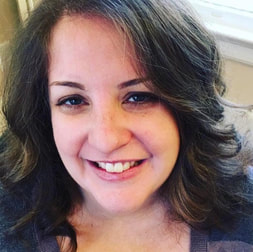
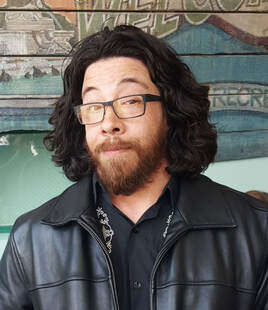
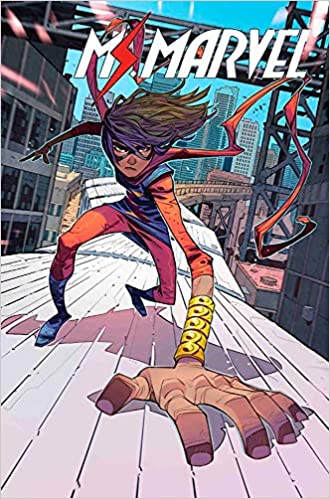
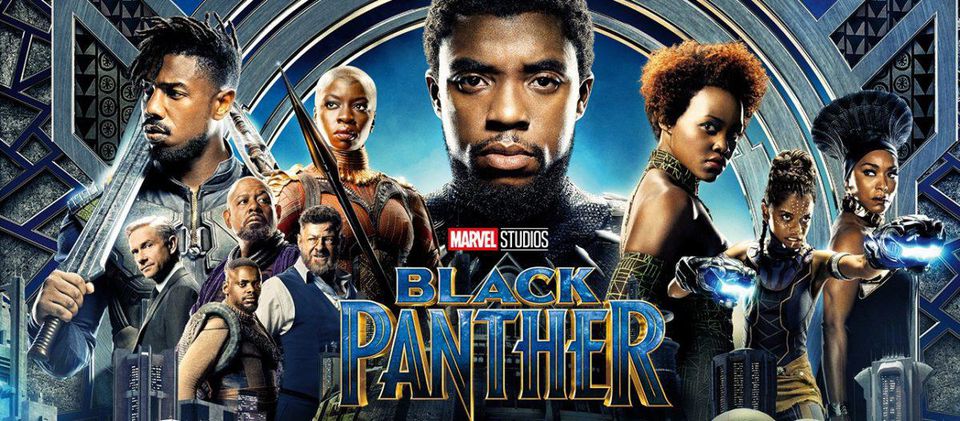
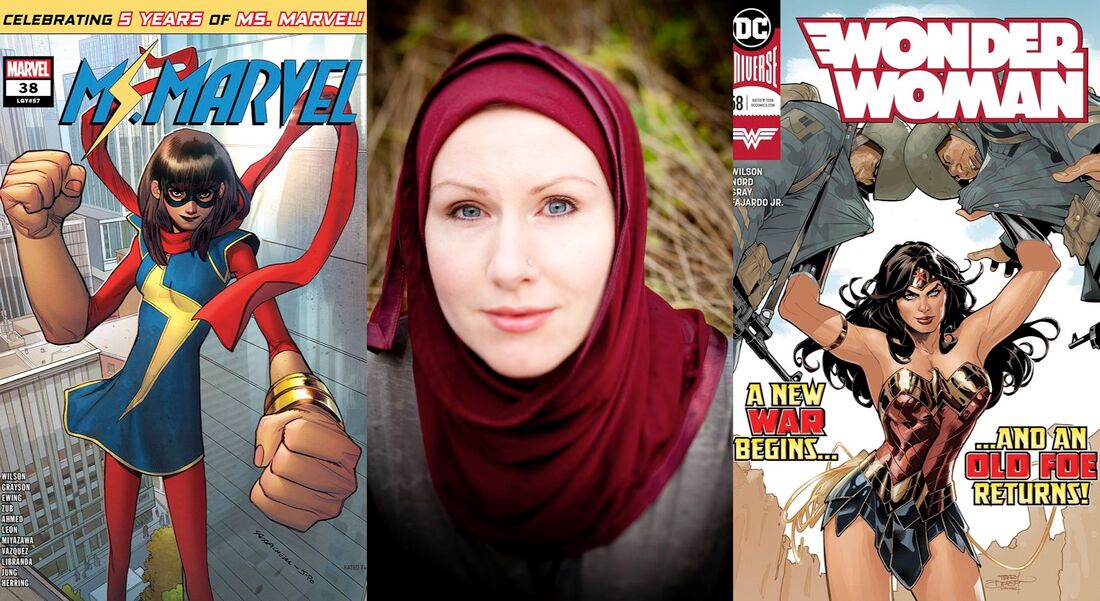
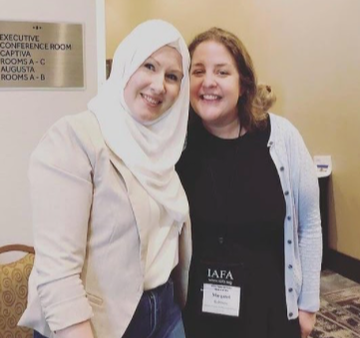

 RSS Feed
RSS Feed